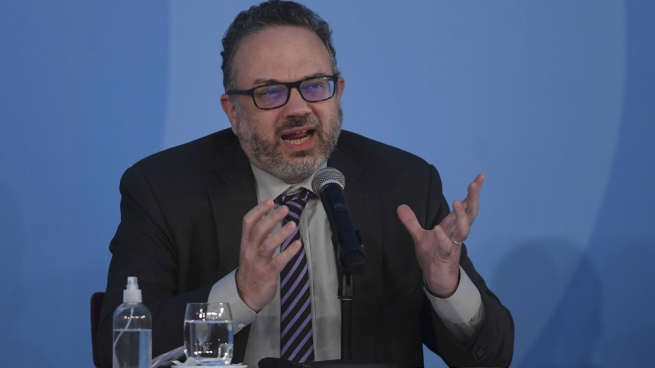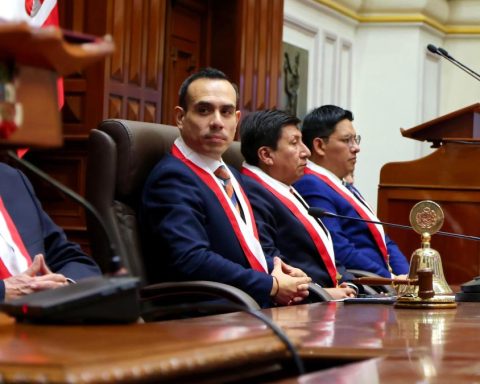The Minister of Productive Development, Matías Kulfas, highlighted this Wednesday the industrial growth of 15.8% in 2021, after three years of falls, and assured that the activity “is coming out of the crisis in which” the former president “had put it” Mauricio Macri.
“The industry is overcoming the double crisis”Kulfas affirmed in dialogue with El Destape Radio and explained that it not only “has been well above 2020 with the pandemic, but is also coming out of the crisis that (former president) Mauricio had put it in. Macri”.
He also stressed that “this is a totally different model from Macri’s” in terms of industrial development and job creation.
“Instead of destroying employment as happened with Macri, who destroyed 169,000 jobs for us, this model creates employment with 50,000 more than before the start of this government,” said the official.
Kulfas highlighted that “15 of the 16 productive branches were in clear growth compared to 2019”, with some of them “with historical records”.
“The sector of agricultural machinery had the highest production so far in the 21st centurysomething similar in the production of bricks, and cement is very close to the historical level of 12 million tons,” explained the minister, who also highlighted the growth in the automotive and food sectors.
#DatoINDEC
The industry grew 10.1% year-on-year in December 2021 and accumulated a rise of 15.8% in the year https://t.co/Yo70uoezPo pic.twitter.com/6HYZYYFA9Q— INDEC Argentina (@INDECArgentina) February 8, 2022
Industrial activity closed 2021 with an accumulated increase of 15.8% compared to the previous yearwhile construction in the same period had an increase of 30.8%and both sectors reached 14 consecutive positive months, according to the Indec.
In the case of industrial activity, 2021 closed with a rise of 15.8%, the first year in green after three years in decline; and accumulates 14 consecutive months of growth.
“In the case of the industry, we had the best December in the last five years,” celebrated Kulfas, who also indicated that the sector exhibited “growth of 7% compared to 2019 and even a slight rise compared to 2018.”
“What we are seeing is that this year the sector continues to grow and demand credit to be able to invest, buy inputs and continue producing,” added the minister, who recalled that “when we started the government, an SME was financed at rates of 80% and 90% unviable to invest”.
Instead, he indicated that “today there is credit at subsidized rates below 30% that allow many SMEs, for the first time in their history, to request investment loans with a longer term.”
We are leaving, hand in hand with production and work.
We need more industry, more agriculture, more mining, more hydrocarbons, more trade, more software, more construction and more services. They are all key sectors to improve the life of our people year after year.
– Matías Kulfas (@KulfasM) February 8, 2022
The minister also valued the sectoral agreementssuch as those achieved in the automotive sectionwhere they sought to “reduce the trade deficit, export more and that the cars manufactured have more national content.”
“Today we are with productive projects with national content of about 40%, when, at the beginning, we had less than 20%, and we have more export propensity, with about 60% of what is produced for the foreign market,” Kulfas explained.
Regarding investment, he pointed out that there are “dozens of sectors where it is already reaching very important levels.”
“Not only did it recover compared to 2020 but also in 2019 and 2018,” said the minister, and he exemplified those carried out in mining (for US$10,000 million), alternative energies and the construction sector, whose projections “indicate that this year will continue and deepen”.
Lastly, he assured that the industrial salary and, in general, in all sectors, “it ended a good year”, and affirmed that it beat inflation, although he acknowledged that it was “by very little”.
“We need him to win by more because we have to recover the 20 drop points that occurred during the Macri government,” said Kulfas, noting that, in that sense, the “bet is that this year inflation can be reduced”through “macroeconomic policies and the contribution of the Ministry of Domestic Trade.”

















